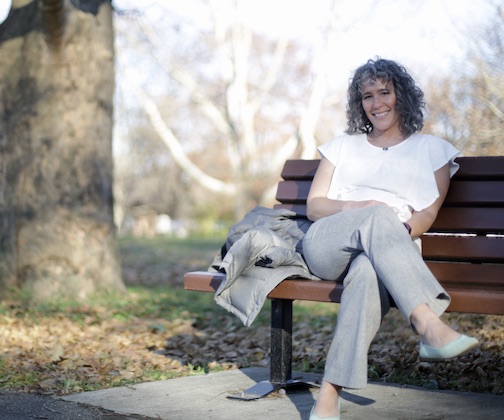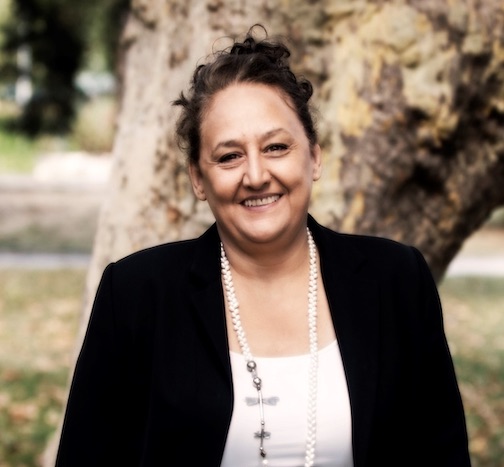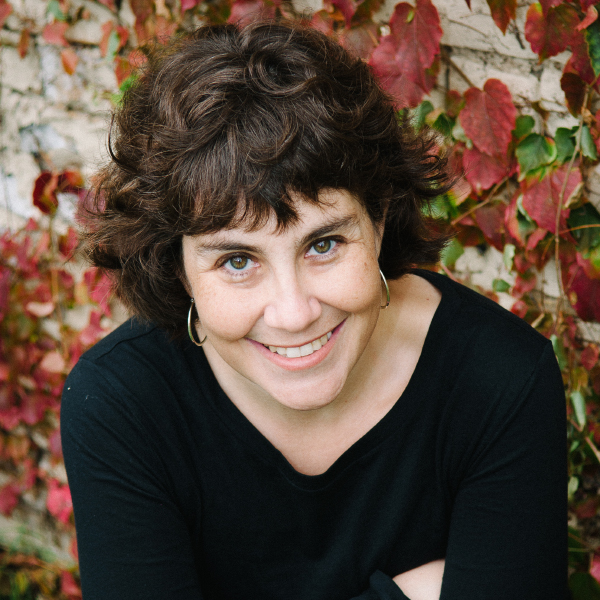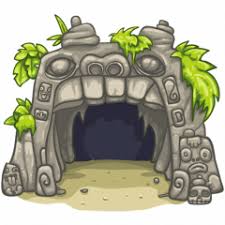I was walking through our garage with my husband, David, when it happened. On our way to Parent-Teacher Conferences for our younger daughter, I was preoccupied, chatting and planning for evening ahead. “We need to pick up our box of farm vegetables after the conference,” I might have said. Or “The pizza place is donating tonight to that charity that buys school supplies for kids in need, so we should grab takeout from them.”
That was when I felt it—the bolt on the garage floor, the one that’s been sticking out of the cement for at least 12 years, ever since we bought this house, the one I’d tripped over a dozen times, always catching myself. This time, I didn’t. I flew forward, maybe aiming my body around the hood of the car, or maybe just flailing, helplessly, in the space between the bolt and the spare marine battery—50 pounds and unyielding—that suddenly caught the left side of my head before the rest of me landed.
The shock of pain was sharp, or the sharp pain was shocking, or both. I cried, immediately, at the injustice of the thing I’d hit, the heft of it, the weight, the way my head and also maybe my ear hurt, the way I was left lying on the garage floor on my stomach. I lay there crying as David tried to assess what had happened.
The garage was dark. The floor was gritty. My head was exploding.
After a few minutes, I sat and then stood up. David asked if I could see him, and I could. I knew his name and mine, the president (ugh), the date. David wanted to take me to the hospital. I insisted we go to our daughter’s conferences. It hurts, I said, but I think I’m ok.
At the conferences I had a few quiet, secret moments of dizziness, but I made it up and down the stairs and through a series of conversations. When we stepped outside the school, though, the first wave of nausea hit. I pretended it was hunger and pressed on—to get the vegetables, to get the pizzas. When we stepped outside the pizza place, the nausea and dizziness were so intense I nearly dropped to my knees.
David took me to the hospital.
Many tests and questions later, we learned that I had a concussion, but no bleeding in my brain, and no fracture to my skull. I was told to go home and avoid screens and crowds, to sleep as much as possible, and to let my brain—bruised as it was—heal.
For four days, I lay on my couch, the room darkened, resting my eyes as the TV played reruns of Friends. Headachy and dizzy, I avoided my phone and the book I was reading and only touched my computer for 15 minutes at a time to triage my business. Out in the garage, David took a series of tools to the bolt on the floor and brought it to me. I smiled weakly at his angry conquest.
On the fifth day, I woke with a sudden feeling of intense, deep, unmistakable dread, as though I had remembered that everyone I loved was dead. I felt it in the pit of my stomach, even in my uterus: a horrible, dark sensation of doom. As I sat up in bed, the positional dizziness made me cry, immediately.
As the day progressed, I found myself quietly weeping almost any time I interacted with anyone. A phone call from my friend made me cry. A hug from David made me cry. Walking outside—which David made me do for just a few blocks—made me cry. Something was very, very wrong, I told him.
“I feel panicked and sad at the same time,” I said. “I don’t know why!”
He reminded me that these are common symptoms of a concussion. He was right. In an article on concussions for The Verge, science writer Elizabeth Zapato explains, ""…what tends to be listed in the literature on concussion, are two things: anxiety and depression. But the brain-body connection is relevant here, too. Most concussion patients have difficulty with light and noise; they often isolate themselves in dark, quiet rooms in response. In people without concussion, this kind of behavior creates depression and anxiety. So, did the depression and anxiety come from the brain injury, or the self-imposed isolation afterward?""
I am a social creature. I work for myself but mostly in coffeeshops and co-working spaces. During the first week after my concussion, I couldn’t talk on the phone for more than five minutes. I couldn’t go to a restaurant or my synagogue. I couldn’t text or use social media. I was alone in my head, trying not to use my brain but fighting it, dying to stimulate my mind the way I always did, with two or three things at once. All of that, compounded with the fact that I could not stand long enough to cook for my family, meant that we had begun to receive meals from friends.
And also, David was right—anxiety and depression are common concussion symptoms.
That night, I had my first—and, I hope, my only—panic attack. We ended up back in the ER to try to regulate my out-of-control heart rate and premature ventricular contractions (extra, abnormal heart beats I’d had for years). It took hours— and then a visit with my nurse practitioner—to find a medication that would help me sleep and calm me down until my brain could heal more.
Several days later, we visited a concussion specialist, who explained that sitting alone in a quiet, dark room is twenty-year-old concussion protocol, far outdated and inappropriate for me now, nearly two weeks after my fall. He told me to start taking daily walks, to get back to working, to try a few vitamin supplements and keep taking the medicine at night that helped me sleep.
Essentially, he sent me back out—gently and slowly—into the world and the light (in sunglasses, of course).
Getting meals from friends, getting rides for my kids from friends, turning over the reins of household management almost completely to my husband, turning down new work—all of this was humbling for me. In a given day before my fall, I could go for a run, have two client meetings, make a great dinner for my family, and go to a meeting at my synagogue. The week after I saw the neurologist, I took one walk per day (supervised by dear friends) and then stayed at home, working and taking “brain breaks.” Other errands and outings left me tired, headachy, and a little overwhelmed. For a while, I had to take a break from doing, talking, and planning all at once.
My daughter—the one whose conference I attended as my brain wobbled around inside my head —struggled with my convalescence. She knew the mother who cooked like a fiend for her elimination diet when she was eight, who fought the school for accommodations for her vision disorders, who kept the balls all up in the air at once. She missed my competence, and so did I.
For a while, though, it was be a slow return to the frenzy. Maybe sitting quietly in a dark room as the winter came upon us, as the sky darkened earlier and earlier, wasn’t the worst way to protect my brain. Maybe giving myself a break—and showing my family that they can, too—was the best way to hunker down for the winter.
"
More Stories from Kinnected

At times, it has been really frustrating to be a strategist and health communication professional and witness the lack of strategic planning and messaging that we have over the last two years.
-
4 years ago

"What many people miss is that emotional exhaustion among clinicians existed long before the pandemic."
-
4 years ago

"A lot of people argue whether technology is good for the future of humanity or bad. In my opinion, it is both - just as an herb could be a poison or a medicine."
-
4 years ago

